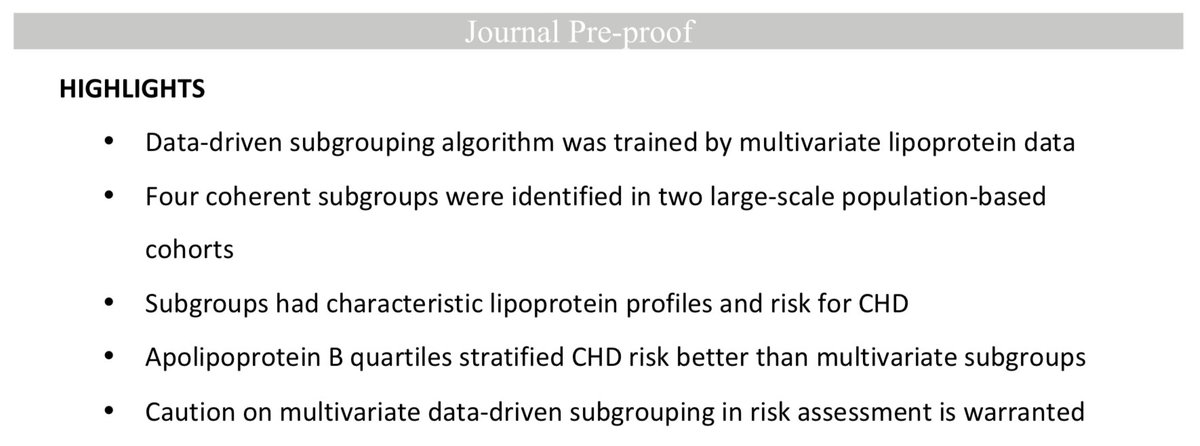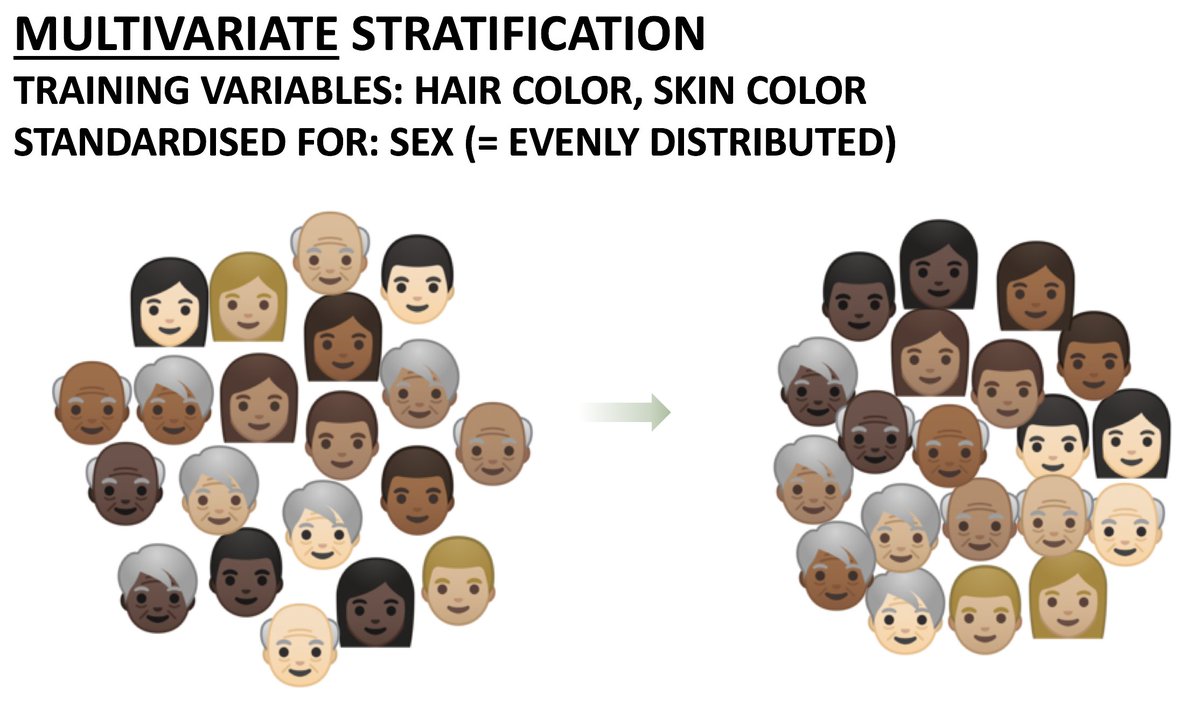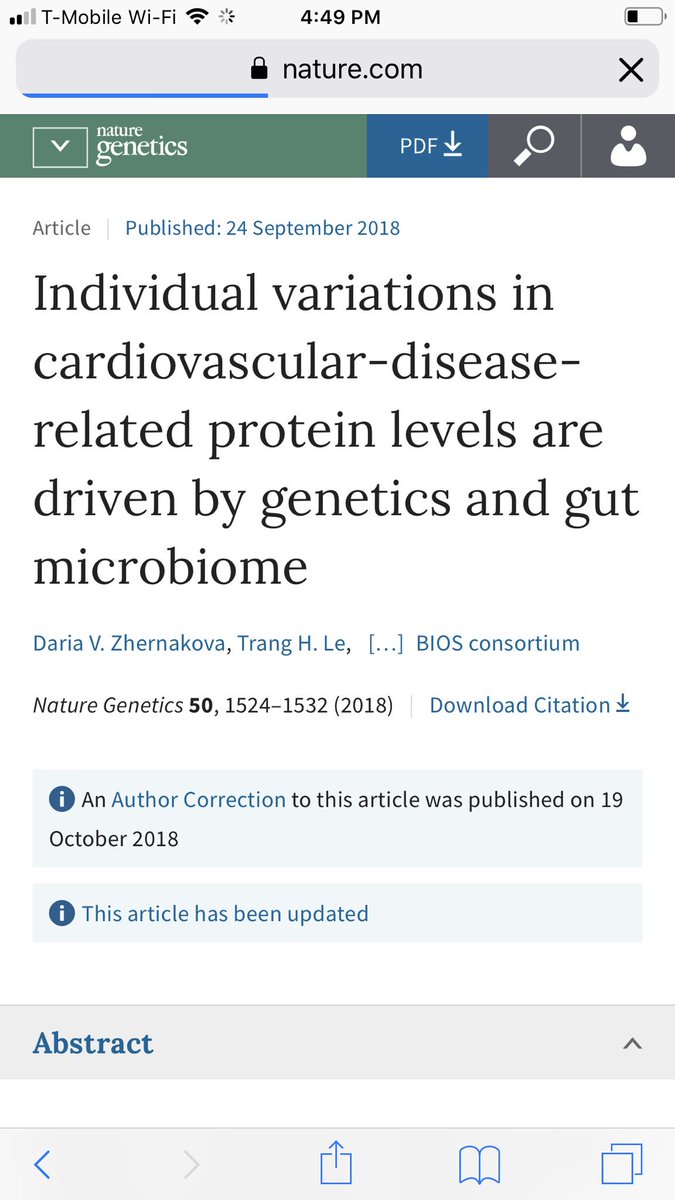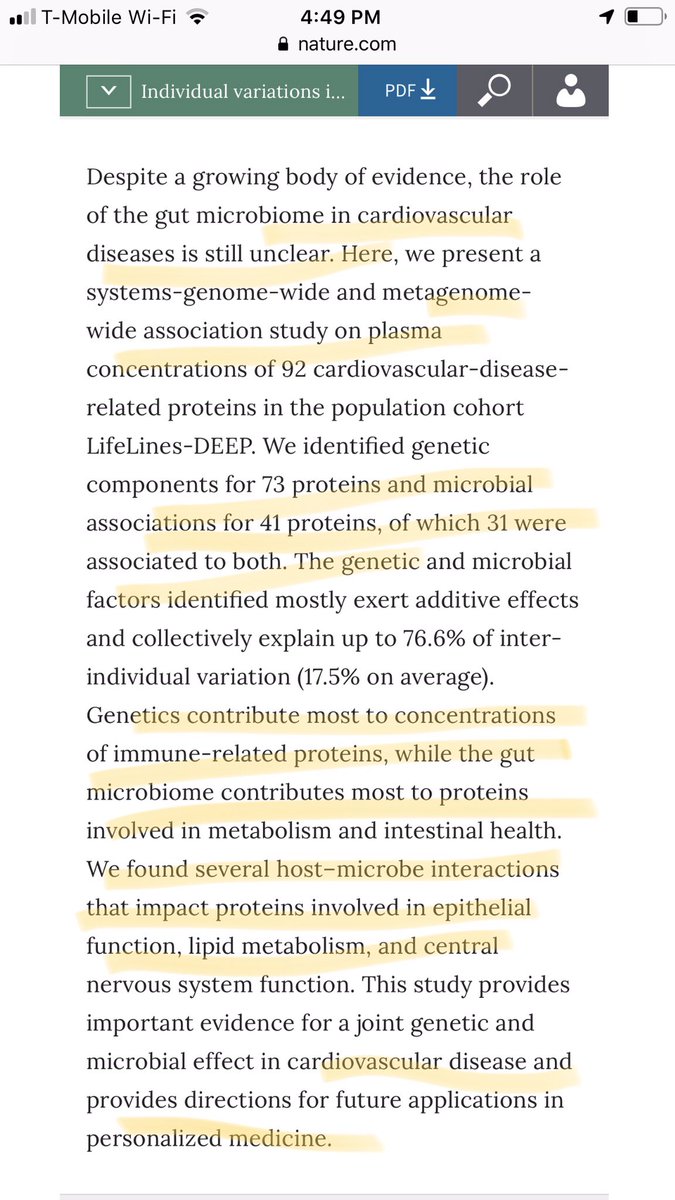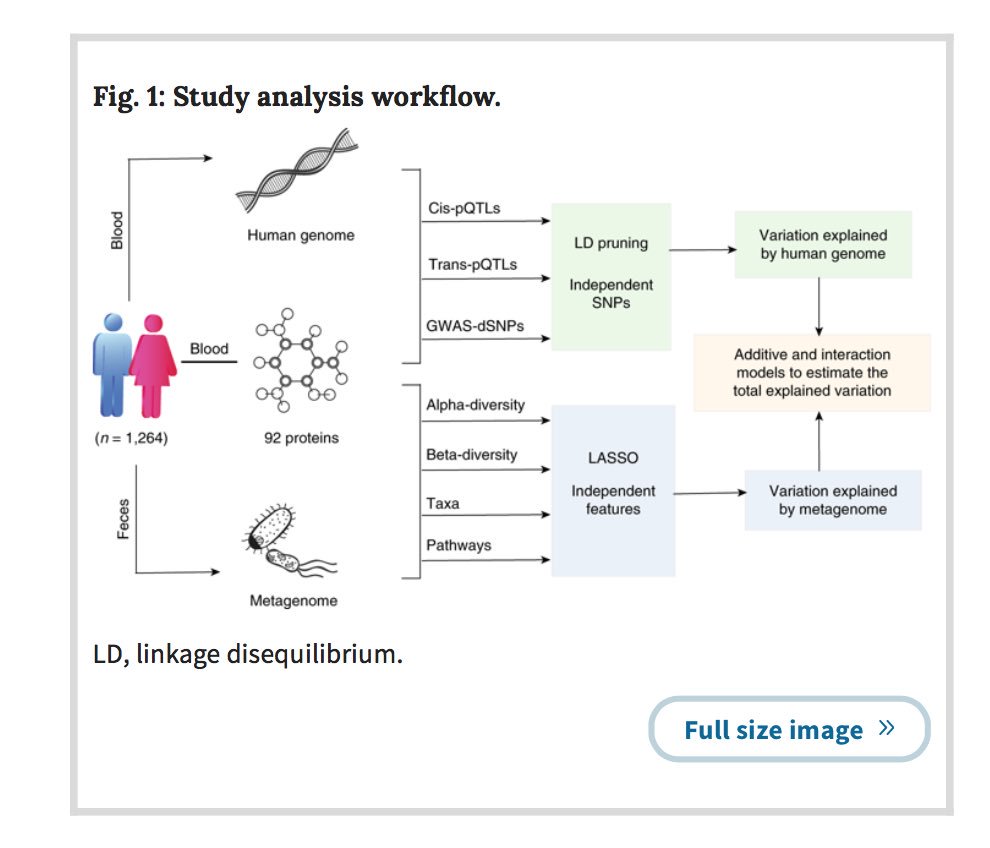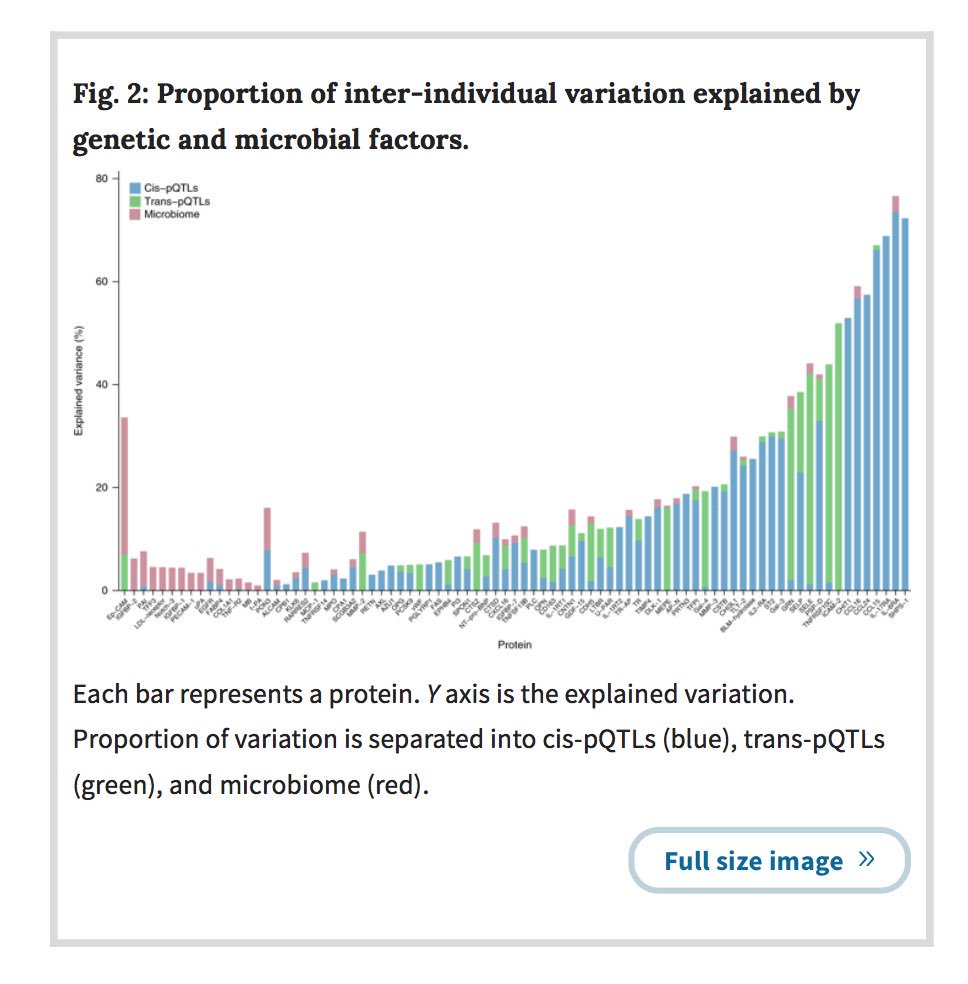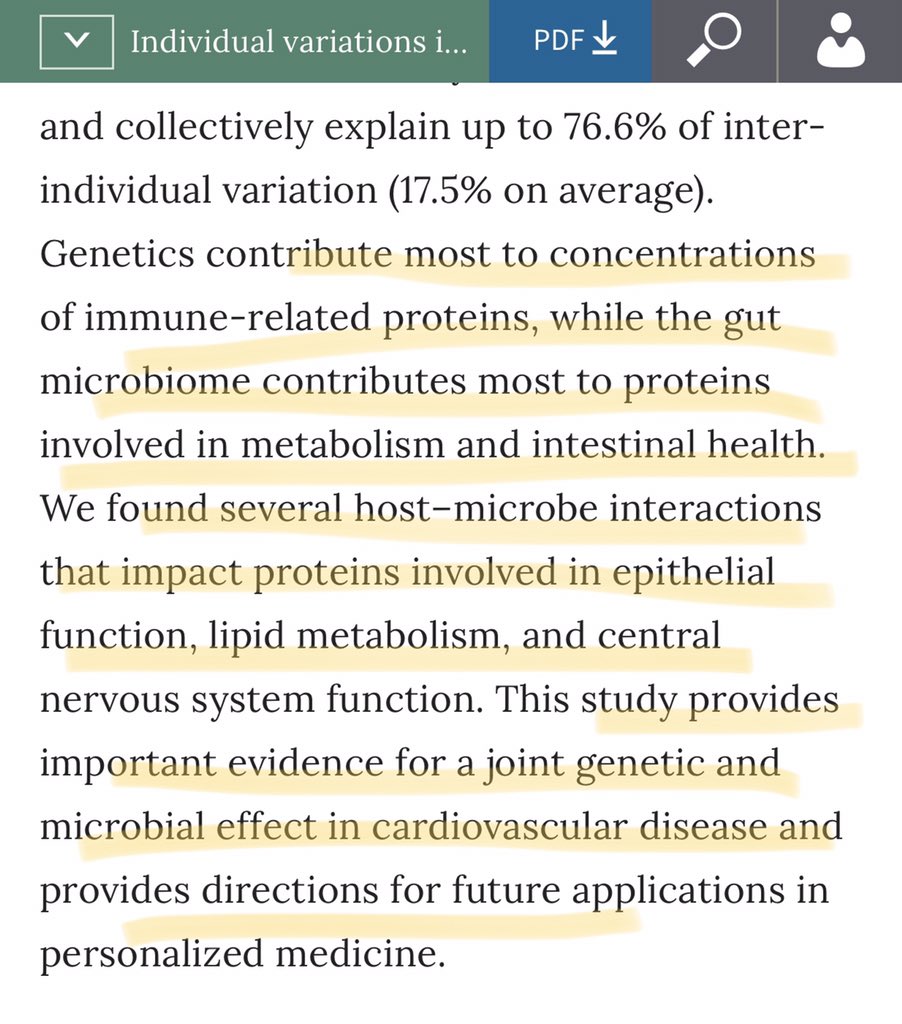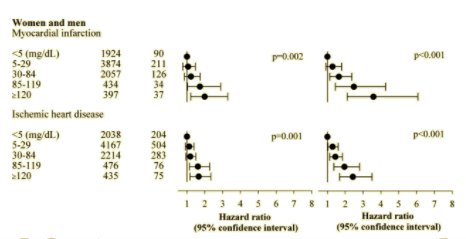A brief 🧵 (1/11)
1️⃣ LDL high because of a pathogenic single-gene variant
2️⃣ LDL high because of a particularly strong effect from a combination of variants in 223 genes
3️⃣ LDL high but neither of the above genetic effects
(2/n)
1️⃣ One physiological LDL pathway malfunctioning
2️⃣ Some combination of multiple pathways producing high LDL
3️⃣ LDL high mainly due to non-genetic effects (most likely diet, exercise, the usual)
(3/n)
(4/n)
(5/n)
(6/n)
(9/n)
(10/n)
(11/11)




